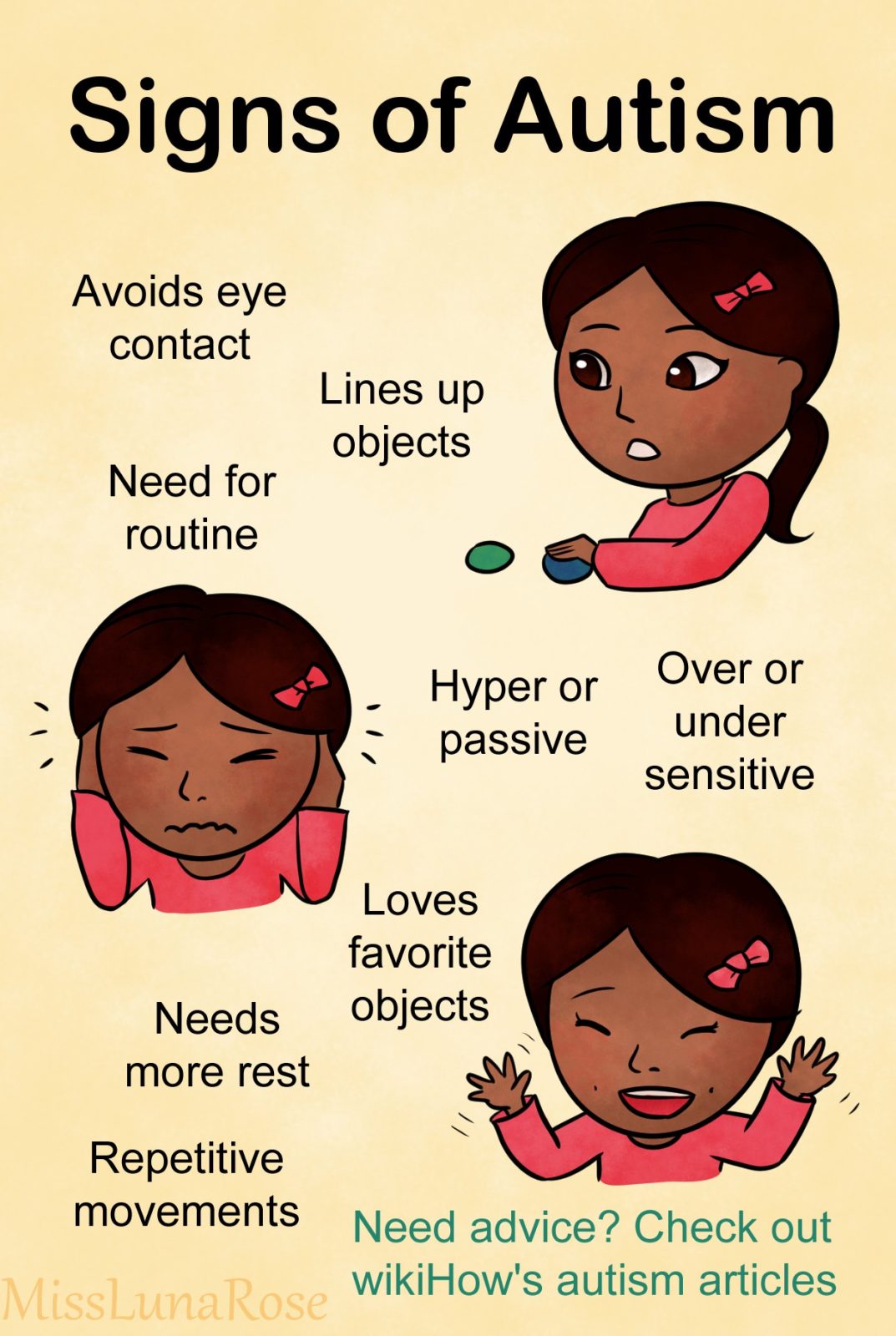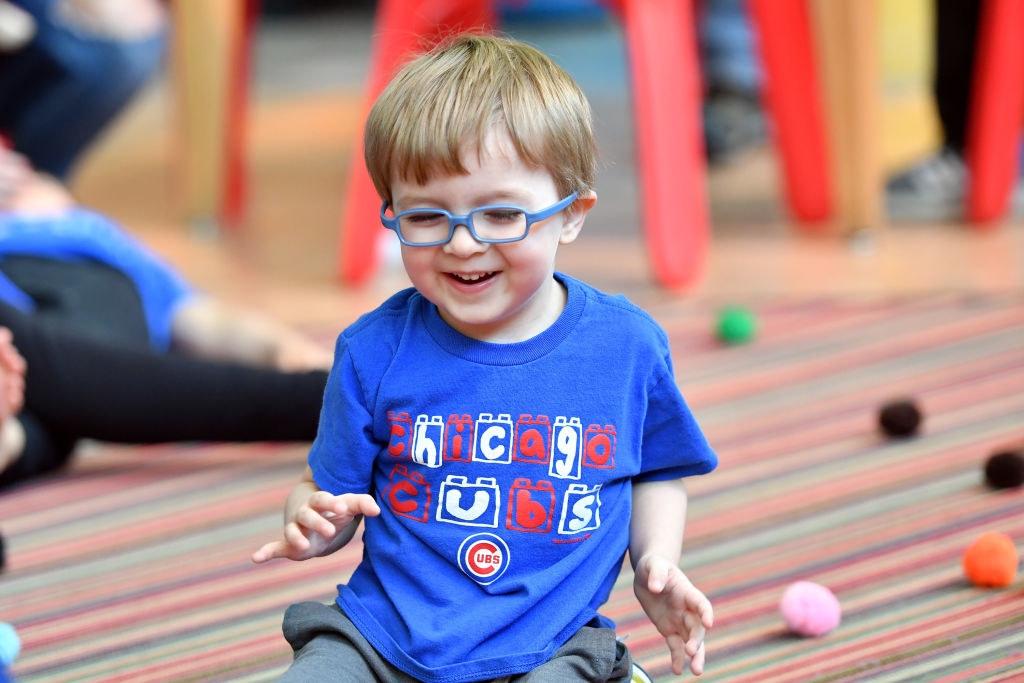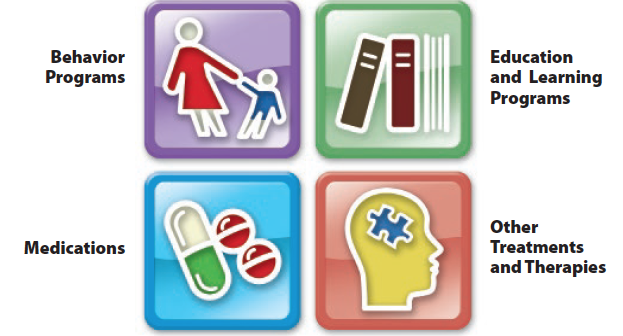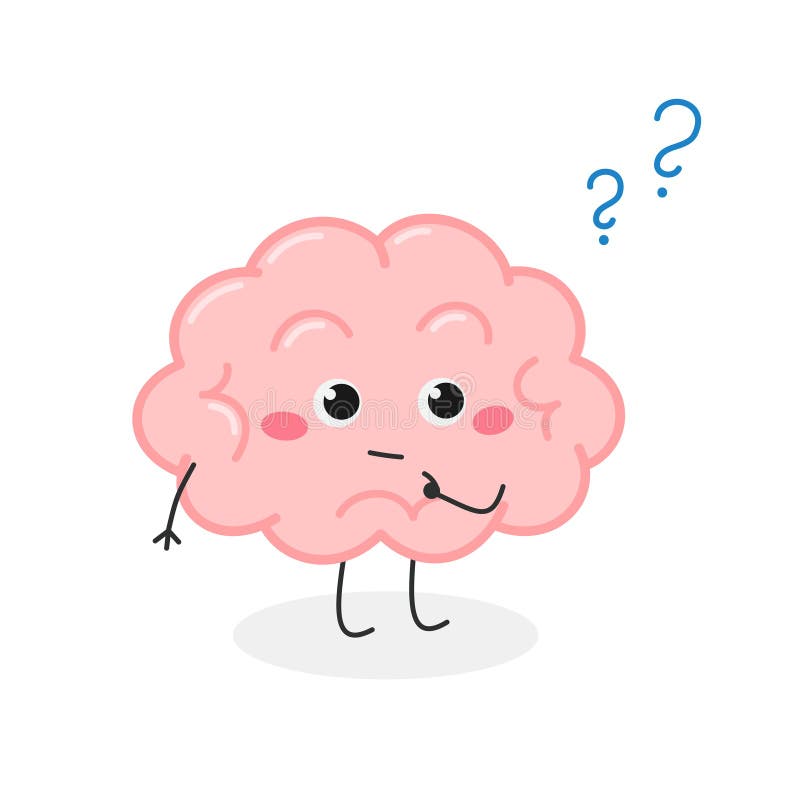What is Autism: Symptoms, Spectrum, and Treatment
Introduction:
Autism, a neurodevelopmental disorder, impacts tens of millions of humans worldwide. It is a complex situation characterized with the aid of differences in communication, social interaction, and behavior. In this comprehensive article, we intention to deepen our grasp of autism with the aid of exploring its symptoms, the autism spectrum, available treatments, and the importance of helping humans with autism and their families.
What is Autism?
Autism, or autism spectrum ailment (ASD), is a lifelong developmental sickness that usually emerges all through early childhood. It influences the way humans perceive and interact with the world round them. Autism is incredibly diverse, with each man or woman experiencing it uniquely. Some humans may additionally have outstanding capabilities or talents in specific areas, while others can also face challenges in a range of factors of day by day life.
What are the Symptoms of Autism?
Autism affords a vast range of signs that can vary substantially from man or woman to person. Core signs and symptoms include difficulties in social conversation and interaction, challenges with nonverbal communication, confined and repetitive behaviors, and sensory sensitivities. These signs can have an effect on a person's capability to engage in reciprocal social interactions, adapt to change, and recognize the perspectives of others.
What is an Autistic Person Like?
Each man or woman with autism has their wonderful character and strengths. Some autistic humans can also excel in areas such as mathematics, art, music, or reminiscence retention. They regularly possess a special way of perceiving the world, imparting clean insights and perspectives. However, autistic humans can also warfare with social nuances, abstract thinking, and coping with sensory input, which can lead to sensory overload in sure environments.
What is the Autism Spectrum?
The term "spectrum" in autism refers to the vast variation in the presentation and severity of symptoms. Autism is no longer a linear condition, and individuals can fall somewhere alongside the spectrum, from slight to severe. While some people may require vast aid and assistance in day by day living, others may additionally feature greater independently. The autism spectrum recognizes and celebrates the diversity of experiences and competencies within the autistic community.
What is the Treatment of Autism?
Early intervention plays a vital function in supporting persons with autism. Applied Behavior Analysis (ABA) is one of the most widely used and evidence-based therapies, focusing on reinforcing superb behaviors and lowering difficult behaviors. Speech and Language Therapy can assist enhance communication skills, whilst Occupational Therapy addresses sensory sensitivities and promotes day by day living skills. Social Skills Training assists individuals in growing social interaction abilities.
Can Autism be Cured?
Autism is no longer a circumstance that can be cured or eradicated. However, with early intervention and the right support, individuals with autism can journey big growth in their development and well-being. The focus of therapy is on maximizing an individual's potential, promoting independence, and enhancing their exceptional of life. By recognizing and nurturing the strengths of autistic individuals, we can create an inclusive and supportive environment.
What are the Environmental Causes of Autism?
The unique cause of autism remains an location of ongoing research. While genetic elements play a enormous role, environmental influences are additionally believed to make contributions to its development. Some environmental elements that have been studied encompass prenatal infections, exposure to certain chemical compounds for the duration of pregnancy, superior parental age, and pregnancy complications. However, it is critical to keep in mind that no single factor can account for the complexity of autism, and it is probable a mixture of genetic and environmental factors.
Conclusion:
Understanding autism is crucial for building a more inclusive and empathetic society. By acknowledging the various characteristics of autistic individuals, supporting early intervention, and offering evidence-based treatments, we can assist them lead pleasing lives. Celebrating the specialty and contributions of people on the autism spectrum can pave the way closer to a extra accepting and inclusive future for everyone. Let us foster a society that embraces neurodiversity and ensures that all individuals, regardless of their abilities, are valued and empowered.







Comments
Post a Comment